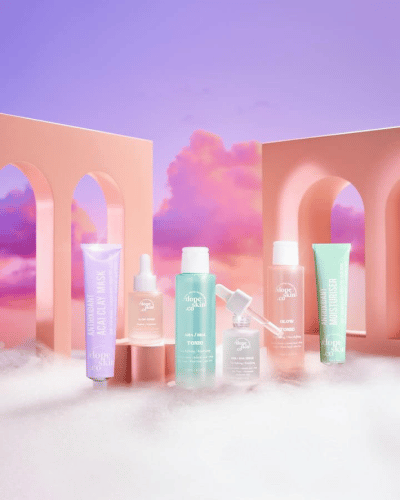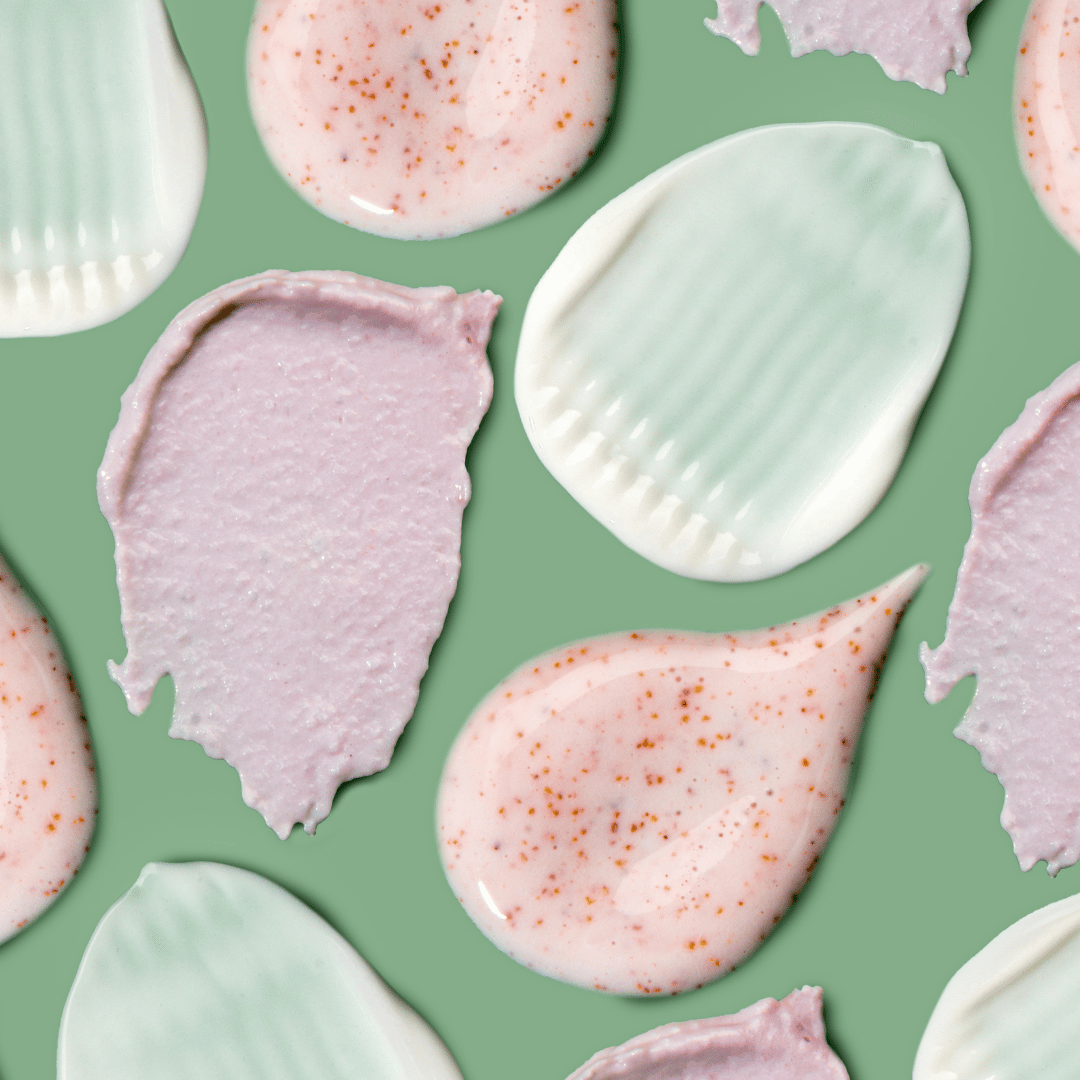Cetyl Alcohol
Due to the word “alcohol,” cetyl alcohol has gained a bad rep. However, some quick research into the fatty alcohol and you will discover that it’s actually very different than typical alcohols, such as ethanol. In fact, cetyl alcohol is really nothing like “bad” alcohols and is very skin- friendly. Continue reading to discover all there is to know about this majorly beneficial skincare wonder!
Overview
Again, there is a common misconception that cetyl alcohol will dry out and irritate your skin, as skincare products with rubbing alcohol often do. However, this couldn’t be farther from the truth.
In reality, some of cetyl alcohol’s greatest benefits include its hydrating, softening, and conditioning properties. To better understand how cetyl alcohol works, it’s important to understand what it is. As noted above, cetyl alcohol is a type of fatty alcohol. It was first discovered by a French chemist in the 19th century. At room temperature, the alcohol turns into a waxy white solid or flakes. Cetyl Alcohol is almost always derived from a type of fat, such as coconut oil or palm oil, but can also be produced synthetically in a laboratory. Its fatty nature makes it extremely useful as an emollient (meaning it softens the skin), an emulsifier or texture
enhancer (meaning it helps keep ingredients together that would naturally separate), a moisturizer, and a thickening agent in personal care products. Overall, cetyl alcohol acts as a stabilizer to ensure that the oil and water in any given product remain combined and thus have their intended effects on the skin. Cetyl alcohol is most commonly used in makeup, skincare, and hair care products, including moisturizer, shampoo, conditioner, sunscreen, lipstick,
concealer, lip balm, body lotion, eye cream, facial cleanser, and mascara.
Benefits
Cetyl Alcohol is brimming with amazing benefits for your skin and hair. However, the benefits that can be derived from it largely depend on which products you’re using. For example, when added to shampoo and conditioner, it works to soften and hydrate hair, thereby reducing frizziness and tangling, as well as to make the products easier to use by increasing foaming capacity and allowing for better adherence to the hair. In the case of makeup, cetyl alcohol works to soften skin, keep the makeup on the skin, and balance out moisture levels. Finally, this
fatty alcohol is a skincare superstar that serves as a thickening agent for all types of moisturizers, creams, and gels while simultaneously soothing and hydrating skin by creating an oily layer on the surface that helps with water retention.
Safety
Both the Cosmetic Ingredient Review and U.S. Food & Drug Administration have designated cetyl alcohol as safe to use in cosmetic and skincare products. It was found to be non-toxic and is highly unlikely to cause any form of skin irritation. One word of caution is to those who suffer from eczema. Studies have shown that people with eczema can be sensitive to cetyl alcohol, although it is unclear whether these sensitivities are caused by impurities sometimes found
within cetyl alcohol. Regardless, those with eczema should do a patch test before using any products that contain the ingredient. The last thing to note is that even when products are labeled as “alcohol free,” they may still contain cetyl alcohol. This is a testament to the fact that its effects on the skin are vastly different than that of regular alcohol.



